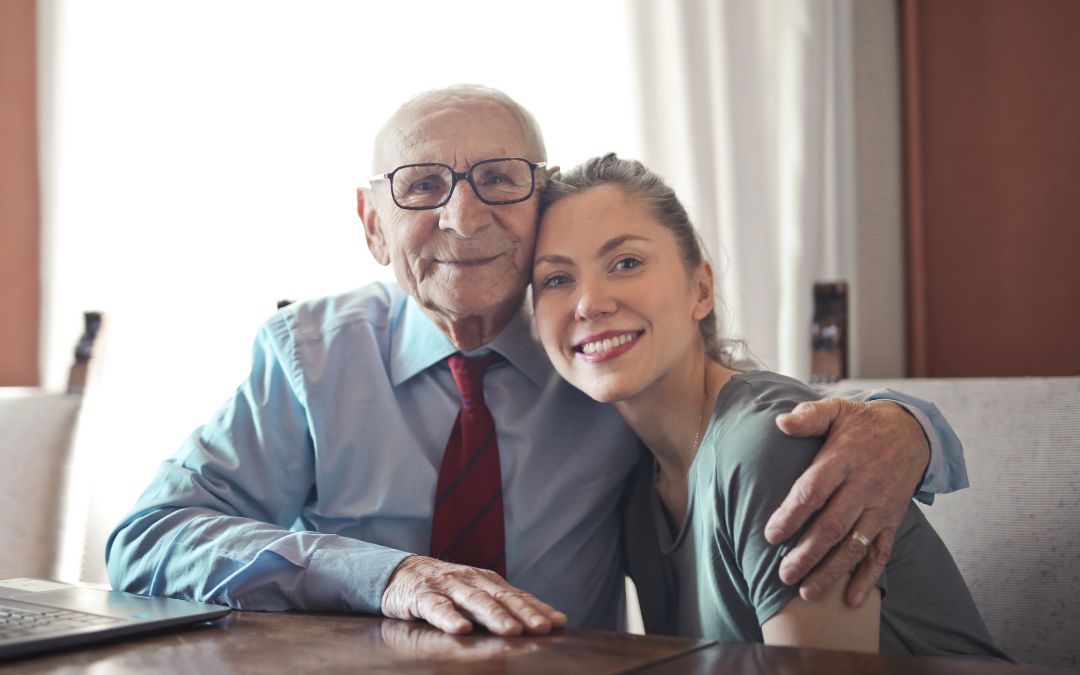Whether you’ve chosen the career of a professional caregiver or taken on this crucial role for a family member, the road ahead can be an enriching experience. However, it also comes with challenges, one of which is avoiding burnout.
Caregivers have a lot of responsibility and can feel they don’t have time to take care of themselves. However, self-care is one of the most valuable caregiver skills a person should practice.
Self-care isn’t an indulgence or a distraction from your responsibilities—it’s necessary. To remain patient and energized, caregivers must remember to prioritize their own mental and physical wellness.
7 Ways to Improve Your Caregiver Skills through Self-Care
Developing and maintaining a work-life balance when caring for others isn’t easy. The following tips will help you find your stride and be the positive, nurturing caregiver you want to be:
1. Take Breaks Without Guilt
You may want to stay at the side of the person you’re caring for at all times. There’s no reason to feel guilty for taking breaks during the day or planning a day off. If you’re not sure what to do, keep it simple. Go for a short walk after lunch, take a 15-minute break to listen to music, or meditate. Whatever helps you feel refreshed and recharged is ultimately good for your client-caregiver relationship.
2. Say “No” When You Need to
Saying “no” is critical to setting healthy boundaries, no matter who you are with at the time. Those drawn to caregiving are often natural helpers who want to lend a hand. Saying “no” might mean going home on time instead of agreeing to an extra shift. Alternatively, it might mean declining an invitation with friends so you can get a much-needed good night’s sleep.
3. Create a Daily Checklist
Map a checklist of tasks and expectations to help you stay organized and prevent yourself from feeling overwhelmed. If you’re giving care in another’s home, it’s helpful to know what the individual or family expects from you daily. A daily schedule will help you feel more confident in your caregiver skills if you’re caring for a loved one.
4. Acknowledge Your Limits
Professional and family caregivers often have the support of experts, friends, or coworkers to lean on when needed. However, no one can do everything. If you need help or if it’s time to consider helping an individual transition into an assisted living community, don’t be afraid to admit it. Caregivers are angels, but they are also human beings with limitations.
5. Improve Your Communication Skills
Caregiving requires effective communication. Care providers must speak with doctors, nurses, family members, and the people for whom they provide care. They often must transfer information between individuals. This process can be a significant challenge if your loved one can no longer communicate verbally.
How do you stay on top of it all? Keep a notepad to write things down. Ask medical personnel to repeat themselves or explain medical terms if you need them to. Improving your communication ability is an essential step in improving your caregiver skills.
6. Accept Help
One of the most useful caregiver skills you can cultivate is accepting help. Don’t pretend “everything is fine” when others ask what they can do. Simple things like having a hot meal brought to the house, picking up medications, or mowing the lawn can make a huge difference in a caregiver’s day. Keep a list of small tasks that would be easy for someone else to do. That way, when someone offers help, you’ll know exactly how to respond.
Improving Your Caregiver Skills
Every caregiver wants to do the best job possible. It’s out of love for your family member or career. Keeping up on training and learning new skills is part of the experience but taking care of yourself is a meaningful (and sometimes forgotten) way to improve your skills. Without self-care, you are at a higher risk of burnout. Keep your needs high on the list, and you’ll be able to provide compassionate care.

